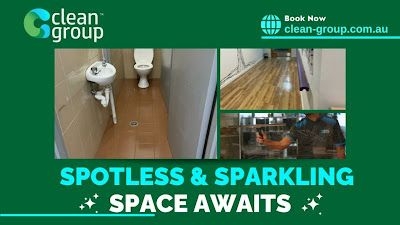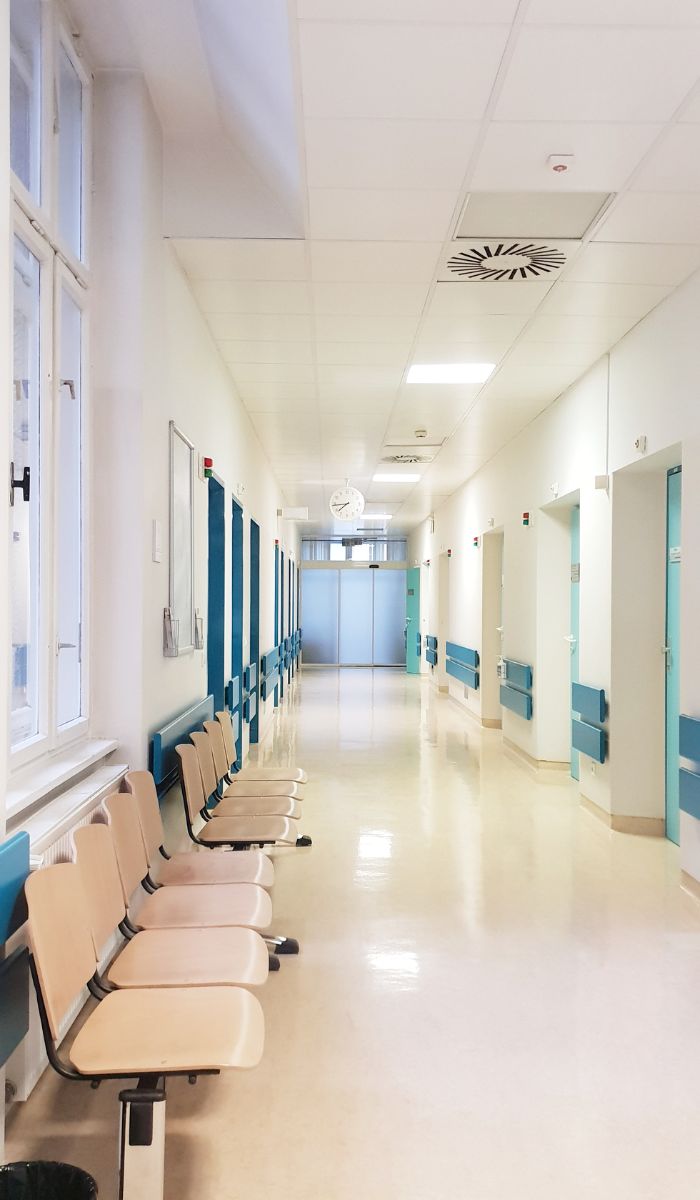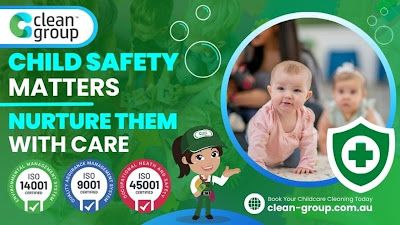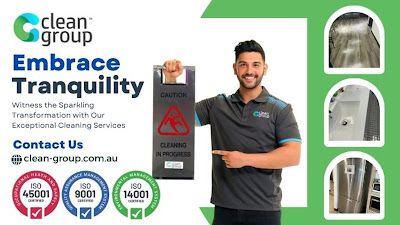
Cleaning’s Effect on Productivity
What are key indicators of a professional cleaning service?
In some industries, cleaning is not only about maintaining hygiene but also about protecting valuable assets and equipment. For example, in the high-tech industry, cleaning plays a crucial role in preserving the integrity of delicate machinery and components. At Clean Group, we offer Office Cleaning Sydney CBD tailored to meet the unique needs of every business. Whether you manage a small startup or a large corporate space, our Professional Office Cleaners in Sydney deliver consistent, high-quality cleaning solutions at competitive prices. With years of industry experience, our team is equipped with cutting-edge cleaning technologies and eco-friendly products to ensure your office is spotless, hygienic, and welcoming. From routine cleaning to deep disinfection and everything in between, we take pride in being one of the most trusted names in office cleaning services in Sydney. Comprehensive Office Cleaning Tailored for Your Business Clean Group provides all-inclusive office cleaning solutions, which include: Supply and replacement of bin liners and toilet rolls Thorough cleaning of office furniture, desks, and common areas Advanced carpet cleaning and floor care Deep cleaning and COVID-19 disinfection services Washroom sanitisation and office toiletries management Our services are designed to accommodate the specific needs of your workspace, with flexible scheduling options such as daily, weekly, or fortnightly cleaning routines.. Ultrasonic cleaning, which uses sound waves to agitate cleaning solutions and remove contaminants, is increasingly used in industries such as electronics, automotive, and aerospace. This method can clean intricate parts that would otherwise be difficult to reach, ensuring that they remain in optimal condition. The demand for specialized cleaning services is also growing in sectors such as medical device manufacturing, where precision and cleanliness are paramount.
In commercial real estate, particularly in multi-tenant office buildings or high-rise complexes, maintaining a clean environment is critical for tenant retention and property value. Cleaning services in these buildings often extend beyond the common areas, such as lobbies and hallways, to individual offices, restrooms, and conference rooms. Property managers rely on cleaning companies to provide services tailored to the needs of each tenant, ensuring that cleanliness is consistent across all spaces. High-quality cleaning contributes to the overall atmosphere of the building, affecting tenant satisfaction and potentially influencing lease renewals and rental rates.


